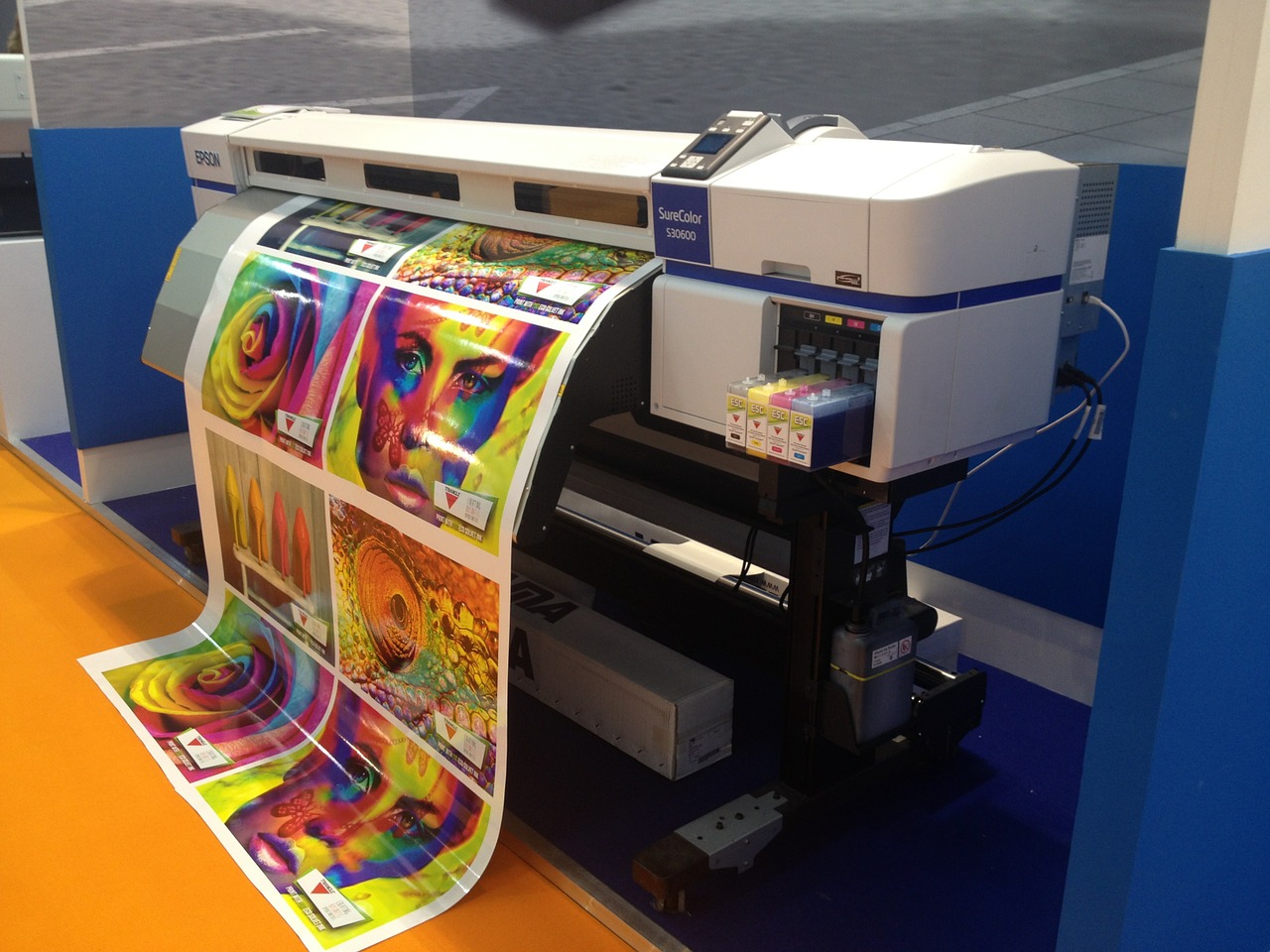Last Updated on: 22nd November 2023, 10:17 am
Organic? Gluten-free? Locally produced? Short food circuit? Nutri-Score? Recyclable packaging?
This list goes on and on as customers hungry for information want to know more about the goods they obtain at the grocery store. And thanks to robust product data systems, retailers and their suppliers can guarantee traceability of their products and provide precise and reliable information to users.
“This data, until a few years ago, was collected to produce product packaging, as well as for internal use,” says Trace One Product Director Antoine Daviet in an interview with AgroMedia magazine. Due partly to the FIR regulations, as well as to the rise of consumer applications and e-commerce, there has been an expansion in data collection activities,” According to Daviet, “Today, our software solutions follow industry standards for data collection. They facilitate product transparency both in the digital and the brick-and-mortar world, and deliver product information straight to the consumer”.
Daviet added that while requests for product information were once limited to nutritional intake, allergens or product origins, today’s consumer demands require a more comprehensive picture of the product such as one that includes information on certifications, or the recyclability of packaging.
Data Control to Ensure Reliability
In order to make product data reliable, brands must first understand data management. Just having a trove of data only gets you halfway; the value of data always lies in its analysis and utilization. As consumer expectations are high, brands unable to make the best use of their data–and make it available to customers–will be at a competitive disadvantage.
Trace One’s Daviet continues, “private labels were among the first to successfully communicate to the consumer about their products. Then, the FIR regulations made it possible to standardize and systematize information present on packaging, as well as on brand website. More recently, the popularization of smartphone-friendly e-commerce and product comparison applications has fanned the appetites of consumers for more information. This, along with other new consumer trends have driven brands to step up their data game.”
The future of product data management and dissemination continues to be inextricably linked to the ever-increasing demands for information from consumers, who not only want the products they buy on the shelves to be good for their health, but also to have a limited impact on the environment. With this in mind, product data now and in the near future will also focus on issues of packaging and its recyclability.









